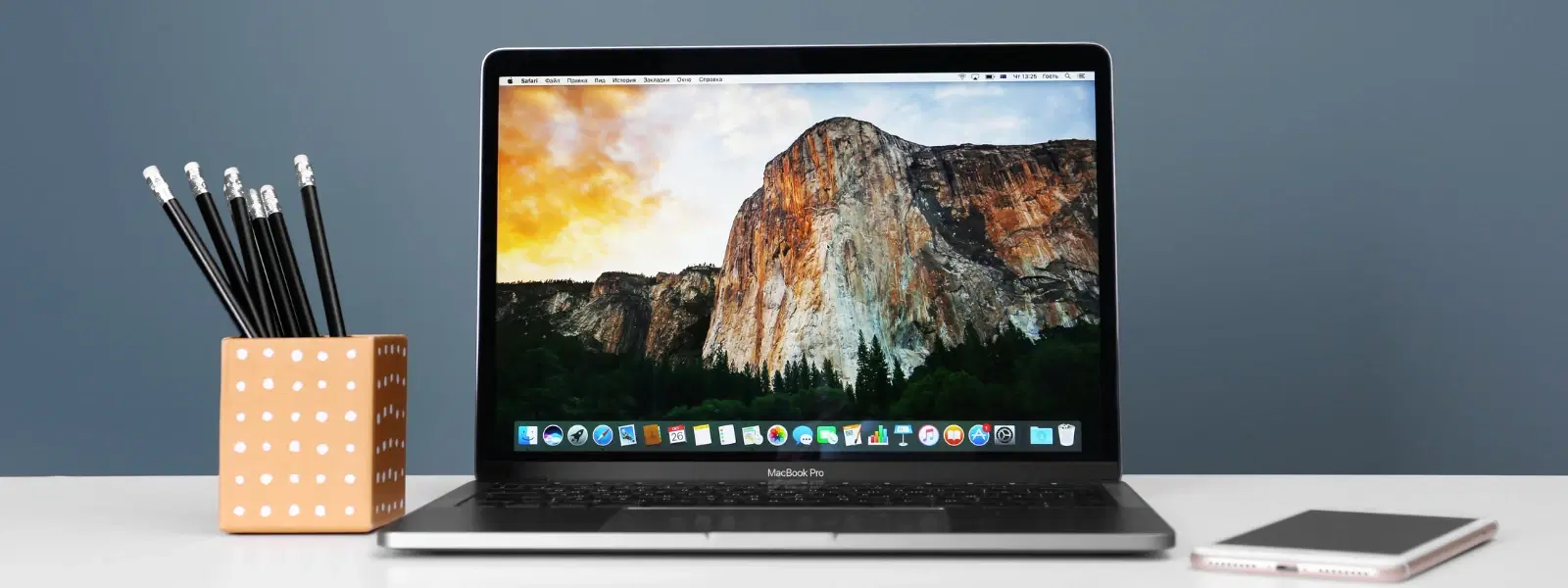
Consumer Electronics
•03 min read
Are you looking to declutter your Mac and safely remove Java? Whether you're upgrading to a newer version or simply no longer need it, uninstalling Java can free up valuable system space and improve your computer's performance. This guide offers an essential checklist on how to uninstall Java in Mac safely and completely, leaving no leftover files or runtime components behind.
Java is a popular platform that supports a range of applications on your Mac. It is often used for running software that requires the Java runtime environment. However, many users find that they no longer need Java—perhaps due to outdated versions, security concerns, or switching to alternative software that better suits their needs.
Older or unused Java versions can pose security vulnerabilities and contribute to system clutter. By uninstalling Java, you can reduce potential risks and keep your Mac running smoothly. This guide will explain step-by-step how to remove Java from Mac, ensuring a completely clean uninstall.
Before you start the process, open your Terminal and type java -version to determine which version of Java is currently installed. Knowing the version is important, as it ensures you are following the appropriate method for uninstallation.
It is advisable to back up any critical files or settings related to Java applications. Taking a few moments to secure your data can save you from potential headaches later on.
If you prefer a hands-on approach, you can manually delete Java files. Follow these steps to remove Java completely:
Navigate to the directory: /Library/Java/JavaVirtualMachines/ and remove the specific JDK folder.
Delete associated Java preference files from /Library/Preferences/.
This method allows you to see exactly which files are being deleted, ensuring a thorough uninstall.
The terminal can provide a quick way to uninstall Java. For instance, type the command:
sudo rm -rf /Library/Java/JavaVirtualMachines/<version>After executing this command, use ls to check that the Java folder has been removed. This terminal method for java removal mac is both efficient and precise.
Some users may prefer a third-party tool designed for quickly removing Java. These tools can simplify the process, though they come with their own pros and cons. Using them might be easier than going through manual steps, but take care to ensure that the tool you choose cleanly uninstalls java application mac without leaving residual files.
Even after following the previous methods, it's essential to search for any remaining Java files. Look in directories such as:
/Library/Application Support/
/Library/Java/Extensions/
/System/Library/Frameworks/JavaVM.framework/
Removing these java files mac ensures your system is completely free of any remnants.
If separate runtime components were installed, they must also be removed. For example, use the terminal command below:
sudo rm -rf /System/Library/Java/JavaVirtualMachines/This command will remove the Java runtime components, ensuring that you have effectively removed java on mac completely.
Pro Tip: Double-Check for Hidden Java Files
Did you know that Java-related files can sometimes hide in unexpected locations on your Mac? Use Finder's search function and advanced terminal tools like find to locate and remove any lingering files for a truly clean uninstall.
After you have completed the uninstall process, verify that Java is no longer installed. Run java -version in your terminal and check the common system directories for any remaining files. A clean system confirms that you've successfully deleted java files mac.
Once Java has been removed, you might consider optimising your Mac. Use disk cleanup tools to erase temporary files and perform a system restart. This will help solidify the changes and restore the system's peak performance.
Platforms like Tata Neu offer seamless shopping experiences where ease and convenience drive smart transactions. As you progress and optimise your tech environment, you also earn NeuCoins rewards, which add value to every purchase. Enjoy unparalleled security, trusted support, and expert tips to enhance your everyday tech usage.
Locate the JDK folder in /Library/Java/JavaVirtualMachines/ and delete the corresponding version folder. Confirm removal using the terminal by running java -version.
If Java was installed via Homebrew, use the command brew uninstall java and verify removal with java -version afterwards.
Manually deleting Java files can be effective, but if not done thoroughly, it may leave residual files. Following this checklist helps ensure a complete uninstall.
Yes, admin privileges are typically required, particularly when using terminal commands or accessing system directories.
No official uninstall tool exists for Mac, though third-party tools can assist with java removal mac efficiently.
Uninstalling Java from your Mac need not be a complicated venture. This essential checklist covers all the steps needed to safely and completely remove Java, clearing up system resources and minimising potential security risks. Whether you opt for manual uninstallation, terminal commands, or a trusted tool, a careful approach ensures your Mac remains in top shape. Explore additional guides and expert insights on platforms like Tata Neu to continue optimising your digital lifestyle while reaping NeuCoins rewards and enjoying seamless shopping experiences.